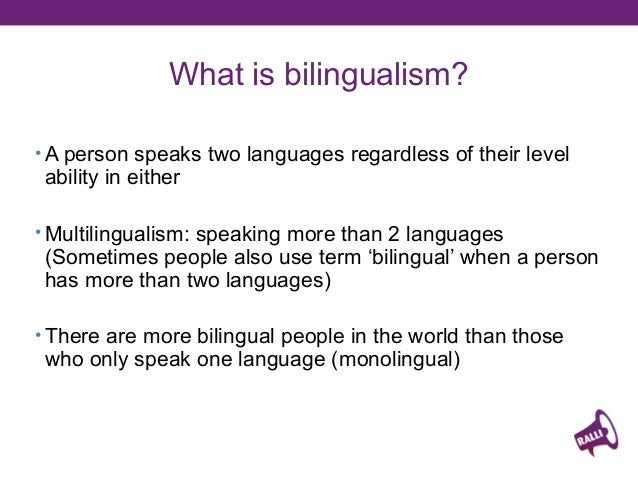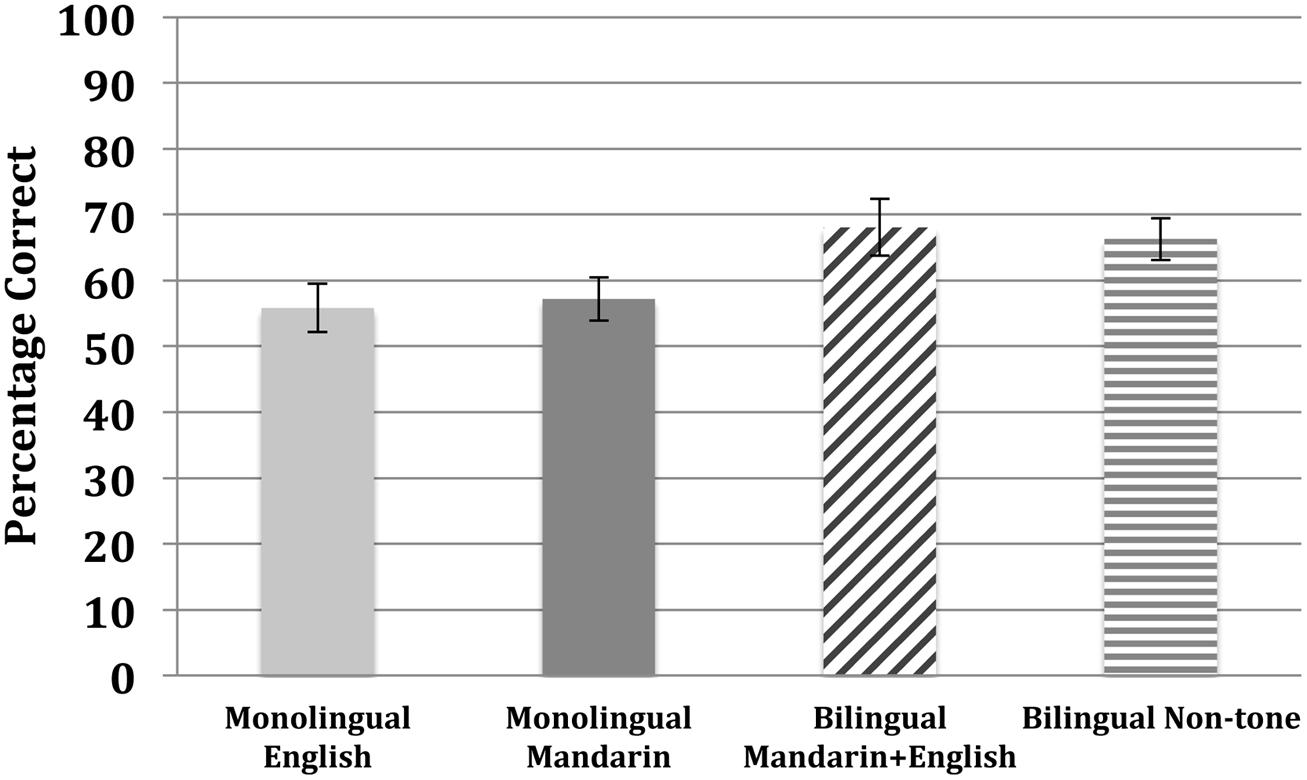

qualitative distinction seems to lie in the area of strategies. Author: Jayme Adelson-Goldstein, Norma Shapiro. Herdina & Jessner (2000b:93) refer to this capacity as 'the multilingual art of balancing communicative requirements with language resources.' This wider ability associated with the acquisition of more than two languages has also been argued to distinguish multilinguals in qualitative terms. Oxford Picture Dictionary Third Edition: Monolingual Dictionary. Monoglottism or, more commonly, monolingualism or unilingualism is the condition of being able to speak only a single language, as compared to multilingualism. Thus, it is pointed out that not only do multilinguals have larger overall linguistic repertoires, but the range of the language situations in which multilinguals can participate, making appropriate language choices, is more extensive. A monolingual learner's dictionary (MLD) is designed to meet the reference needs of people learning a foreign language.MLDs are based on the premise that language-learners should progress from a bilingual dictionary to a monolingual one as they become more proficient in their target language, but that general-purpose dictionaries (aimed at native speakers) are inappropriate for their needs.

"Current research.begins by emphasizing the quantitative distinction between multilingualism and bilingualism and the greater complexity and diversity of the factors involved in acquisition and use where more than two languages are involved (Cenoz 2000 Hoffmann 2001a Herdina and Jessner 2002).


 0 kommentar(er)
0 kommentar(er)
